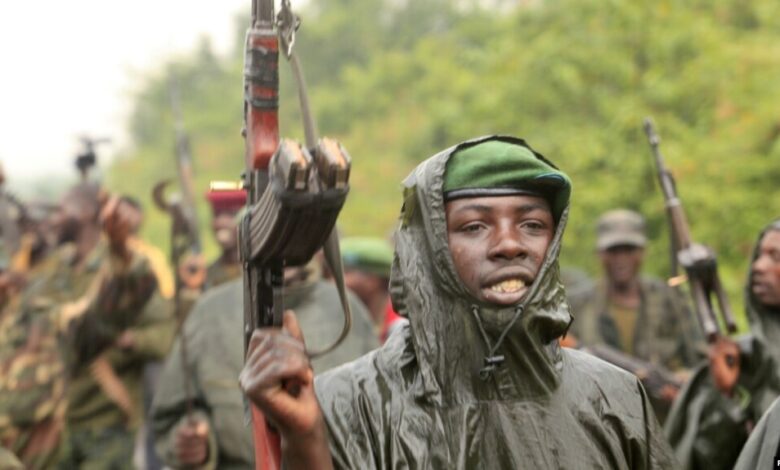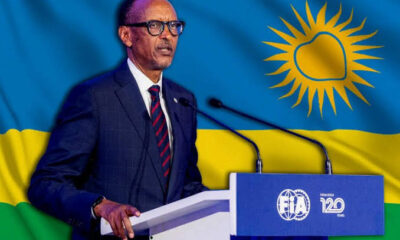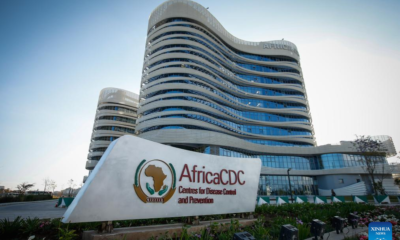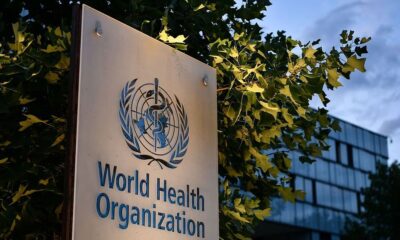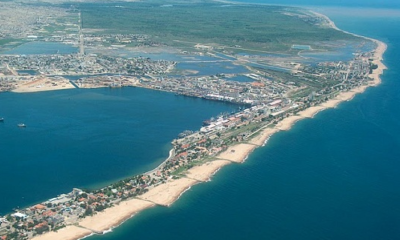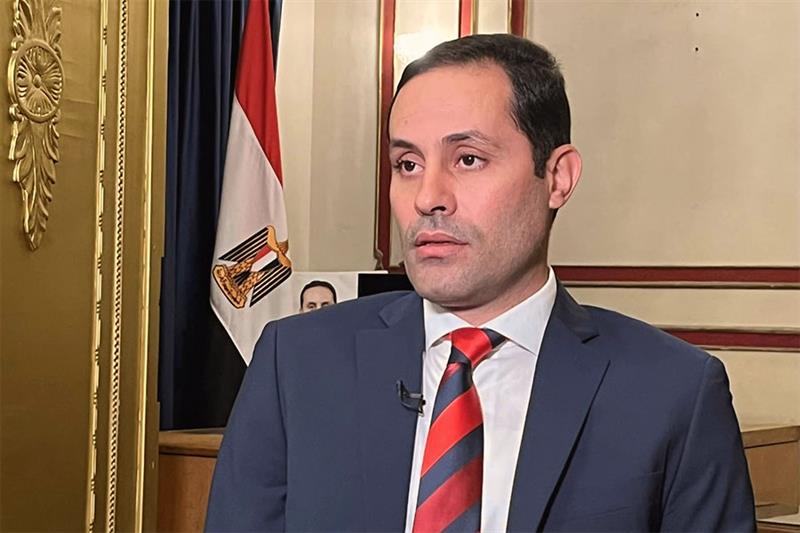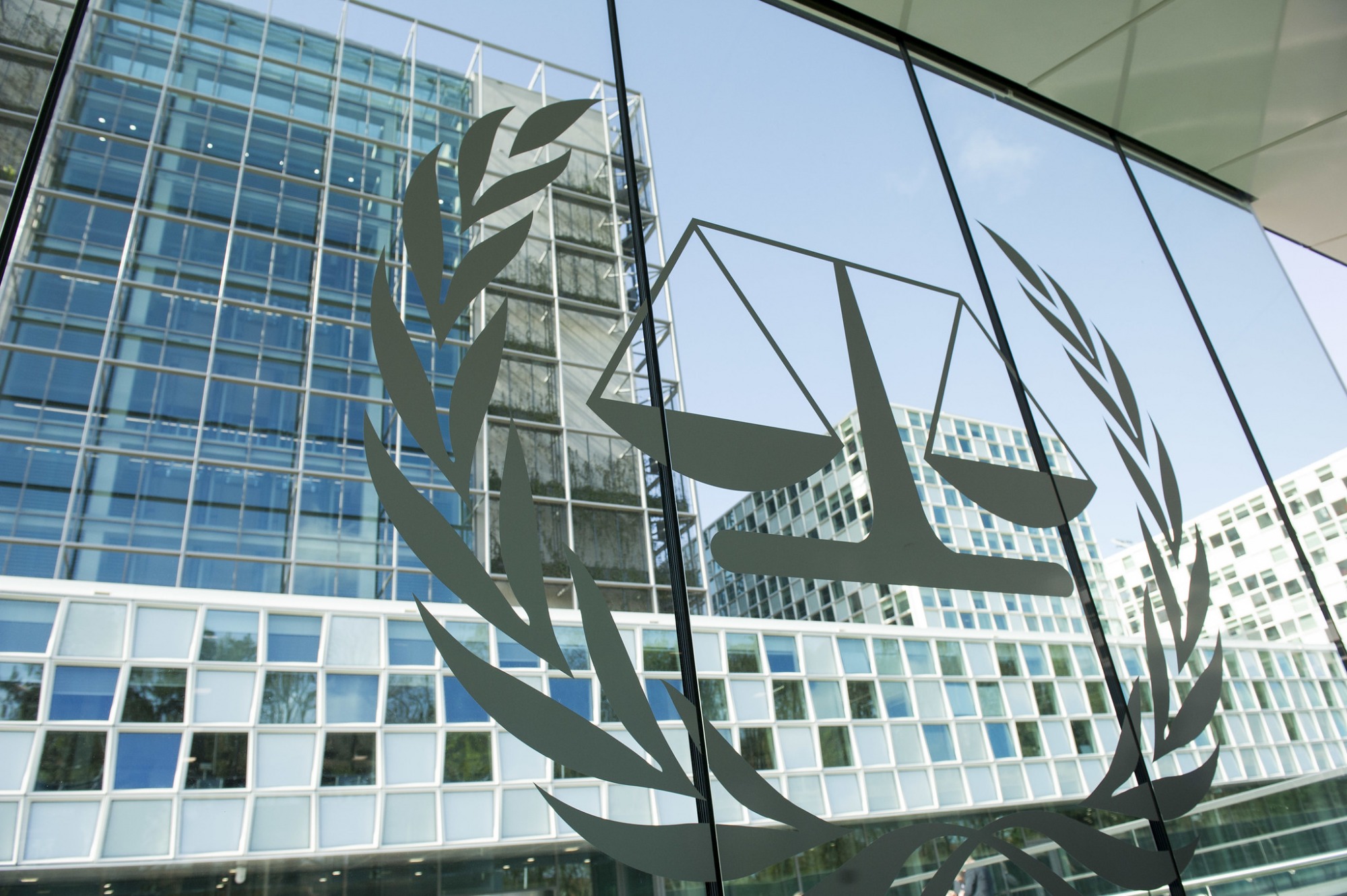Hopes of an agreement to end Congo’s M23 rebel conflict, which has displaced over 1.9 million people, were dashed when the presidents of Rwanda and the Democratic Republic of the Congo announced that their planned meeting would not proceed as scheduled.
In Angola, where protracted talks have attempted to reduce tensions between the neighbours connected to the almost three-year-old M23 rebellion, the gathering was intended to see a rare in-person meeting of the central African leaders.
A settlement was expected to be struck, which stoked expectations of ending a deadlock that has further destabilised eastern Congo and stoked worries of a wider battle in Africa’s Great Lakes area that might resemble the two catastrophic wars that killed millions of people between 1996 and 2003.
“The cancellation of this tripartite meeting is caused by the refusal of the Rwandan delegation to take part,” Congo’s presidency said in a statement.
It said that Congo rejected Rwanda’s conditional signature of a peace deal on Congo having direct negotiations with M23 rebels.
According to Rwanda’s foreign ministry, the country would not have been able to sign the deal on Sunday due to this lack of agreement.
Congo stated in a statement that delaying the meeting would give them more time to speak with M23 directly.
The proposed peace agreement called for Congo to eradicate the Democratic Forces for the Liberation of Rwanda (FDLR), a Hutu rebel organisation that had attacked Tutsis in both countries, in exchange for Rwanda removing what it has described as its defensive measures in the conflict.
By using its troops and weaponry to back M23, an organisation established to protect the interests of Congolese Tutsis, the ethnic group to which Rwandan President Paul Kagame belongs, Rwanda is accused by Congo, the UN, and others of inciting the insurgency in North Kivu region. Rwanda disputes this, admitting only that it has resorted to defensive tactics, and charges Congo of enlisting FDLR fighters to fight alongside it.
According to U.N. specialists this year, there were between 3,000 and 4,000 Rwandan forces in Congo that had “de facto control” over M23 activities.
According to Jason Stearns, a Congo expert at Simon Fraser University in Canada, more has to be done by the international community to pressure Rwanda to compromise.
“There’s very little pressure, especially as the country putting the most pressure on Rwanda so far is the United States, which is going through a transition of its own,” he said.

 Metro2 days ago
Metro2 days ago
 VenturesNow7 hours ago
VenturesNow7 hours ago
 VenturesNow7 hours ago
VenturesNow7 hours ago
 Politics7 hours ago
Politics7 hours ago
